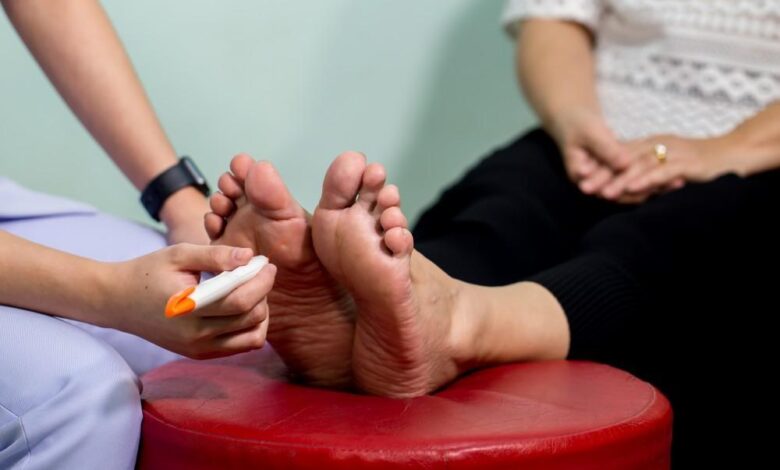Regular Podiatric Check-ups for Your Feet

Your feet support you through every step of your daily life, yet they’re often neglected in routine healthcare. Regular visits to a podiatrist are beneficial for maintaining not only healthy feet but also your overall well-being. Podiatric medicine professionals can help you detect potential issues early, provide effective treatment options, and guide you in adopting healthy habits to care for your feet.
Identifying Common Foot Conditions
Podiatric medicine is key to keeping your feet healthy. These healthcare professionals help identify conditions that may go unnoticed. These conditions often range from common issues like bunions, plantar fasciitis, and ingrown toenails to fungal infections. More severe problems can also develop and if left untreated, can lead to serious complications over time.
Many issues start with mild or subtle symptoms that might seem insignificant at first. If ignored, these can develop into painful or complex conditions. Regular check-ups allow podiatrists to spot and manage these problems early. This helps avoid discomfort, complications, and the need for invasive treatments later. In addition to addressing foot-specific concerns, podiatrists also help identify signs of systemic health issues.
Conditions such as diabetes, neuropathy, and poor circulation often first manifest in the feet. Early detection can lead to better overall health management. Whether you’re experiencing pain, discomfort, or simply want to stay proactive, routine podiatric visits are a helpful part of long-term wellness.
Enhancing Mobility and Comfort
Discomfort and mobility issues related to the feet can significantly impact daily life, affecting activities such as walking, standing, or exercising. Podiatrists often recommend solutions to address these problems, including:
- Custom orthotics: Shoe inserts designed to provide support and alleviate pressure on specific areas of the foot.
- Footwear adjustments: Choosing shoes with better arch support or cushioning to improve comfort and mobility.
- Targeted exercises: Strengthening foot muscles, improving balance, and enhancing flexibility to reduce discomfort.
Persistent foot pain, poor balance, or reduced flexibility can be managed with personalized recommendations tailored to individual needs. Proactively addressing foot health helps reduce discomfort. It also improves mobility and helps maintain independence. This supports a better quality of life and keeps people active in their daily routines.
Supporting Long-Term Foot Health
Routine check-ups provide opportunities to address minor concerns before they develop into more serious issues. These regular assessments allow for ongoing monitoring of the condition of the feet and lower extremities, providing valuable insights over time. This is especially helpful for individuals at higher risk, such as those experiencing aging, managing chronic conditions like diabetes, or engaging in high levels of physical activity. Even simple advice, such as tips on maintaining proper hygiene, selecting supportive footwear, or incorporating stretching routines, make a significant difference in promoting long-term foot health.
Prioritizing Foot Care With Podiatric Medicine
Making foot health a consistent part of your wellness routine can yield benefits that extend beyond your feet. Regular podiatric check-ups may uncover areas for improvement, prevent avoidable complications, and provide practical insights to care for your feet effectively. Taking the time to care for your feet can play a supportive role in maintaining your daily comfort, mobility, and quality of life.





